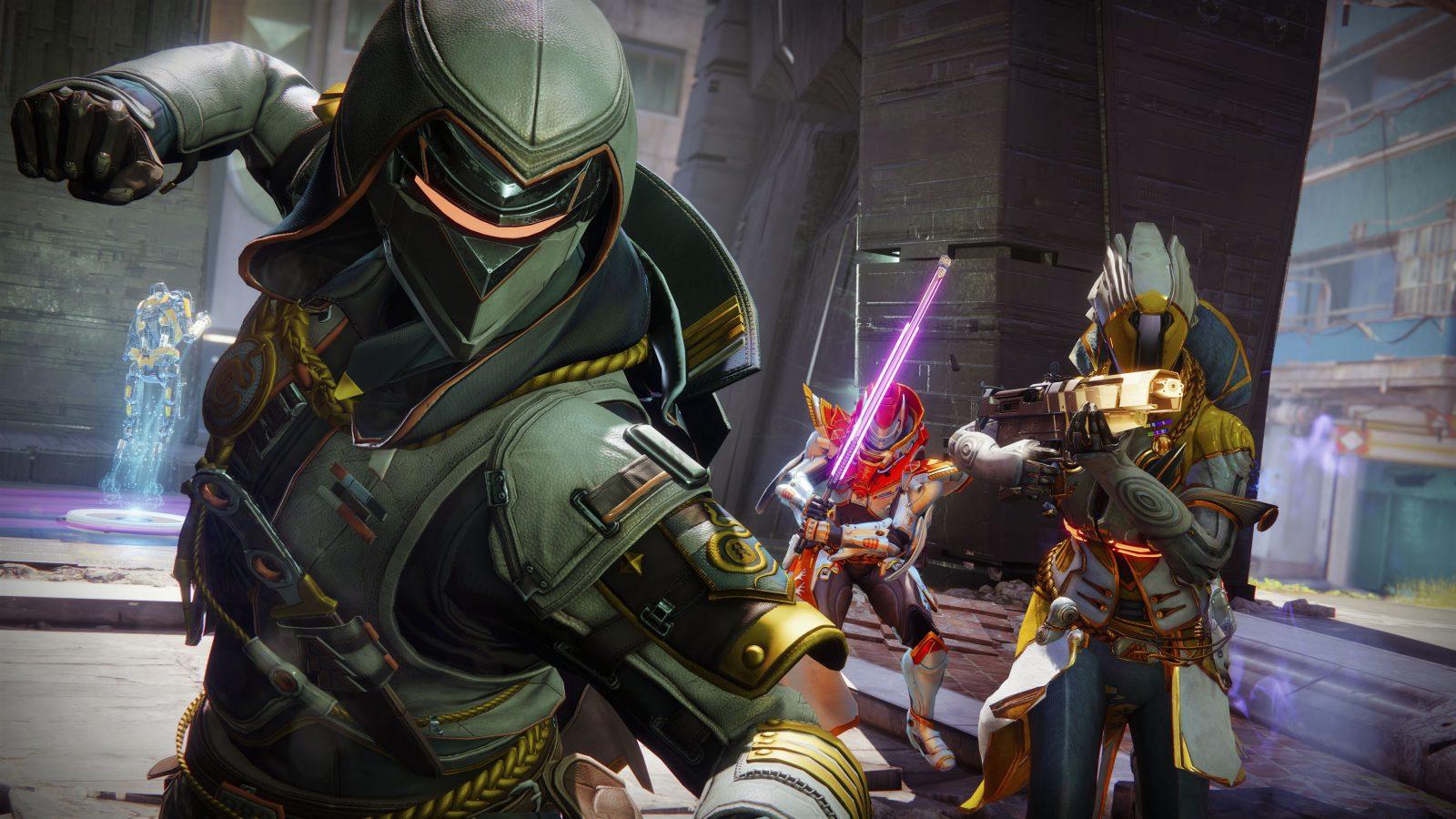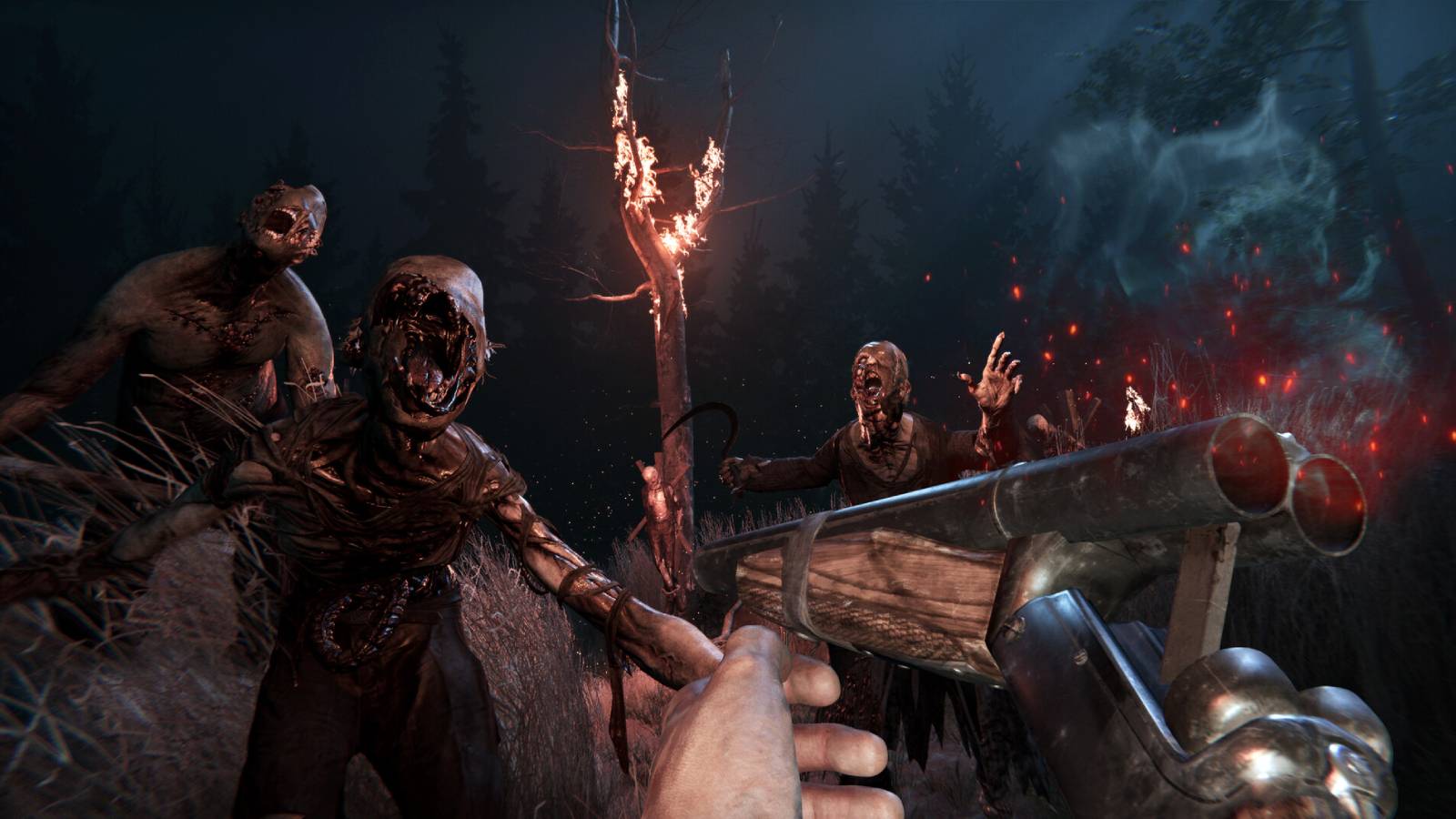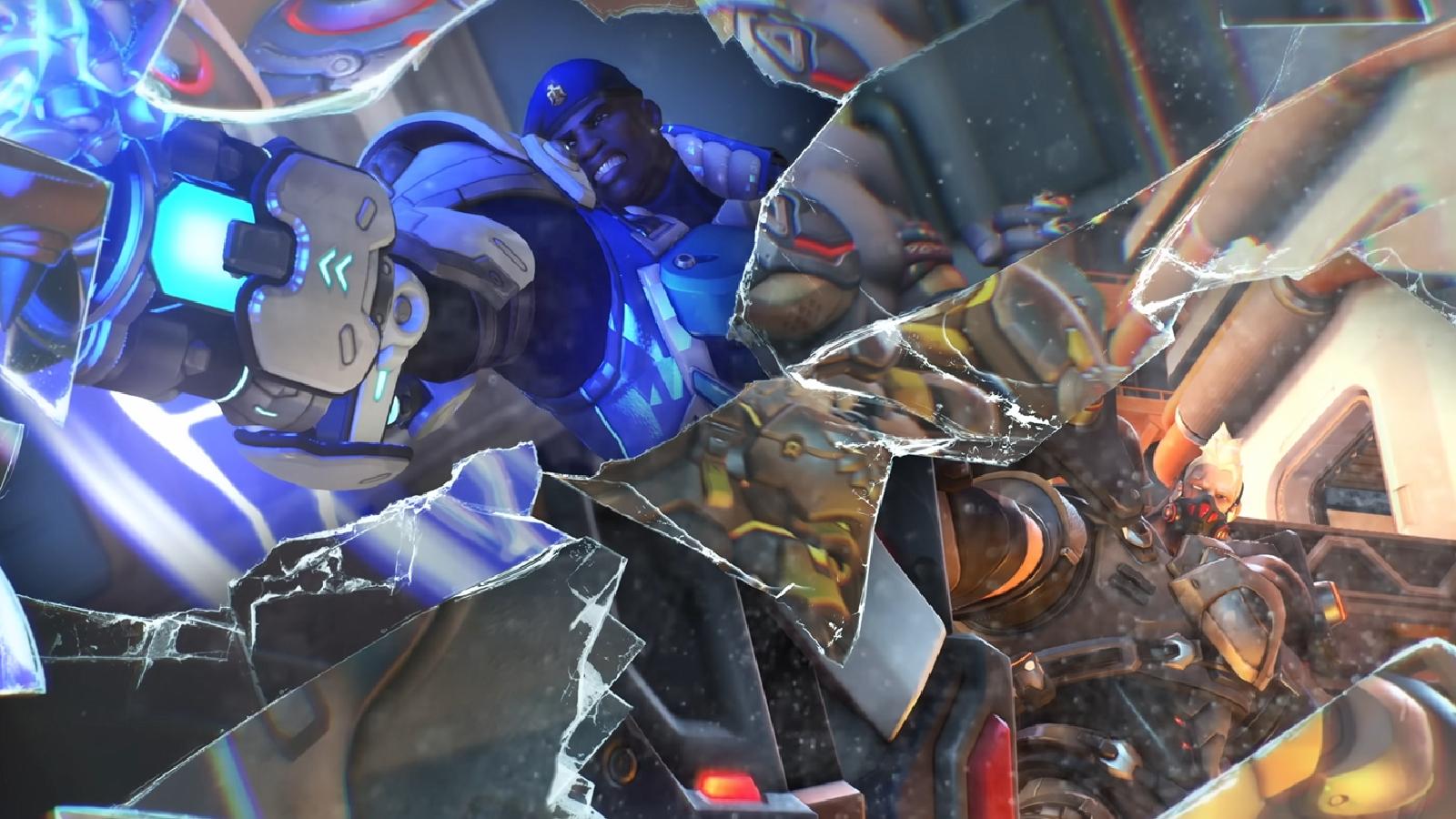Richard Lewis: Valorant and the endless new game hype cycle
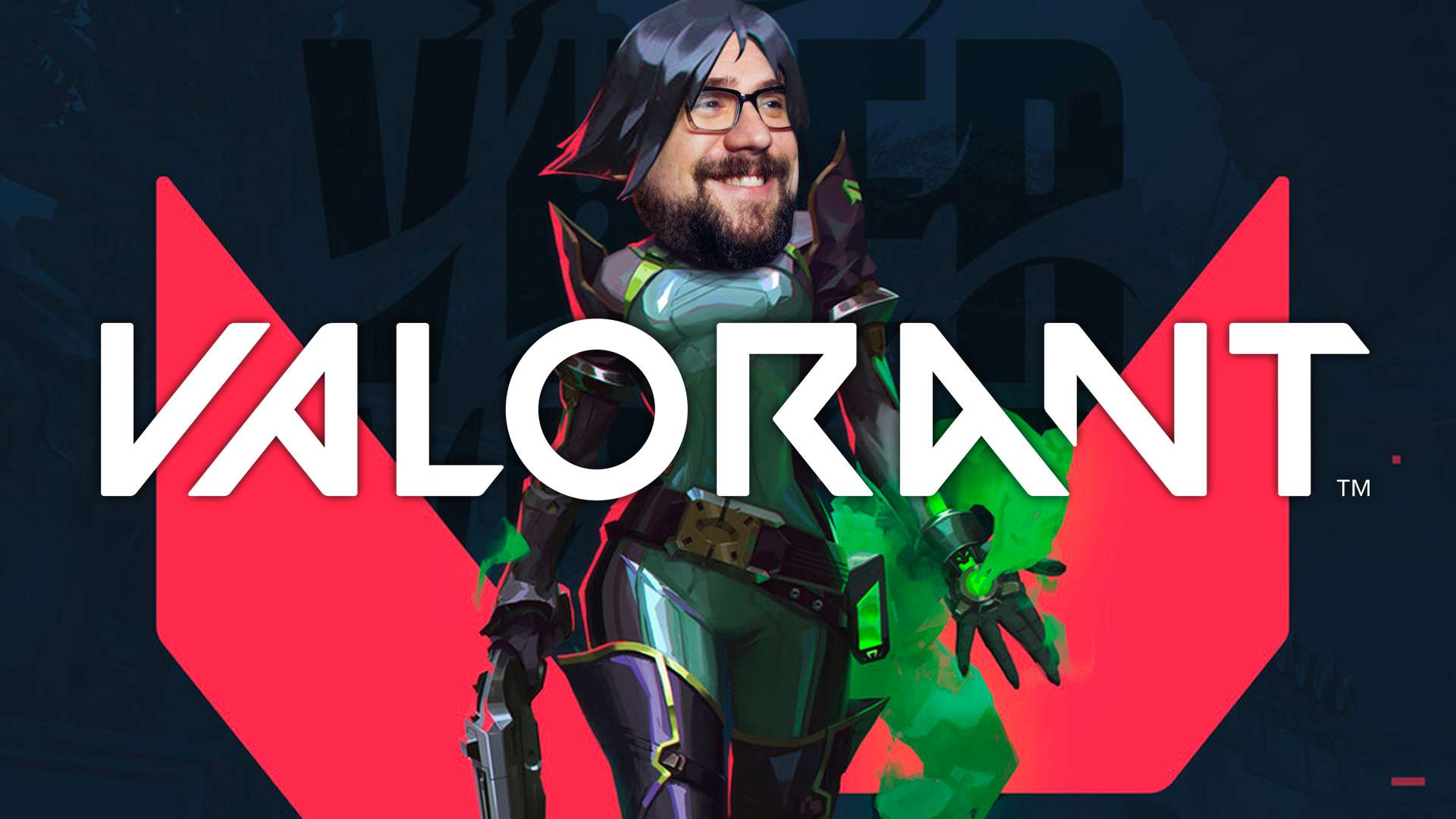
The views expressed in this opinion piece are those of the author and are not necessarily shared by Dexerto.
Here we go again. Another developer is talking up their latest attempt to create a game for everyone, something that will arrive with such impact the gaming landscape will be forever changed by the crater it leaves. It will balance casual and competitive players alike and attract a global audience of viewers eager to leave every other esport behind to be at the place where the party is at. Big money tournaments, top streamers and influencers all vouching for it, multi-gaming organisations already signing players and teams. With a road map such as this, how could it possibly fail?
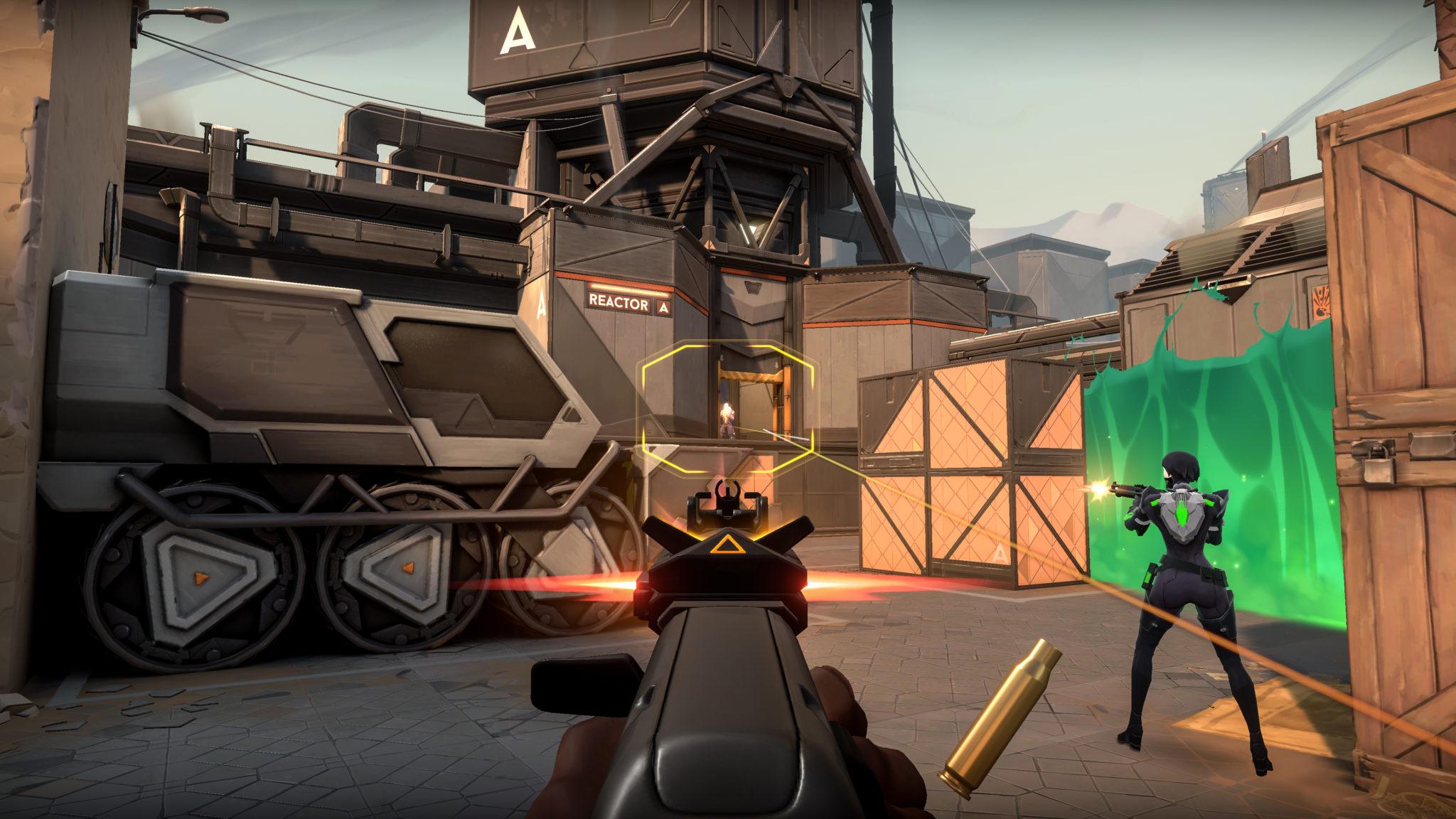 Riot Games
Riot Games[ad name=”article1″]
This time around I am talking about Valorant, Riot Games first dive into the FPS genre. Given the incredible popularity of League of Legends there is little need to hype its arrival but because this is the new era of esports people are doing it anyway. The game, which only a handful of people have even been hands-on with yet, has been dubbed everything as the Overwatch killer (don’t worry, Blizzard themselves have that covered), the Counter-Strike killer, the next big esport, the first class-based shooter to have mass appeal and quite possibly the greatest FPS of its time, which you will note hasn’t even happened yet.
This, for once, isn’t a dig at Riot though I’m sure many will assume it is. I understand the hustle. This is now just the way of things. Because the release of every game is met with an endlessly whirling hype machine of empty and impossible promises, yours has to be too. If you don’t participate in it the people will assume there is something with your product. It doesn’t matter that the majority of the titles before yours all fell by the wayside like some evolutionary failure just not cut out for existence. No. Those are quickly forgotten about and the prescribed method for “success,” that produces success stories you can count on one hand, is replicated ad nauseum.
[ad name=”article2″]
The build-up is all about working in tandem with a games press that you as a developer of course loathe because 1) they truly are loathsome and 2) they will publish any old shit you say without reservation provided it generates clicks. Hell, I’m even seeing people praising that charlatan Sean Murray for still failing to provide the promises made on the No Man’s Sky marketing tour because the word consumer and cuckold seems to have become interchangeable somewhere in the last five years.
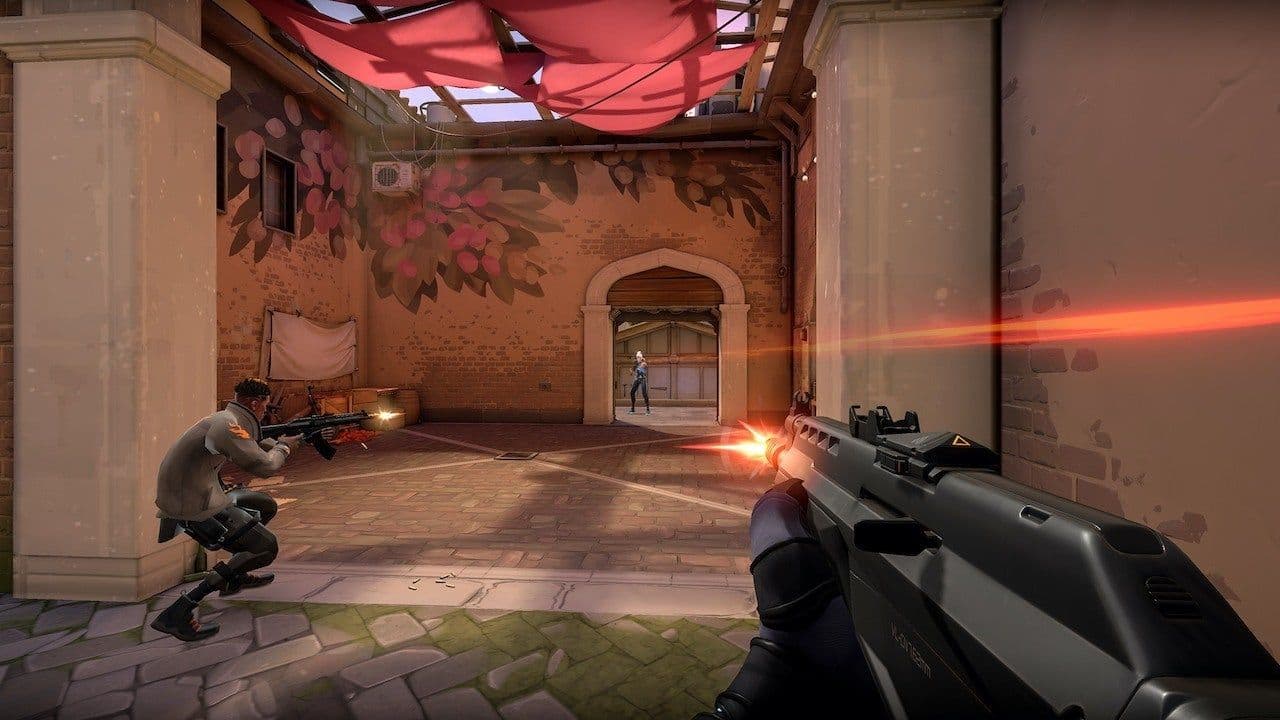 Riot Games
Riot GamesThe next stage after the deluge of promotion? Push out a “beta” to players and, where preferable, influencers. Don’t worry, this isn’t to actually improve the game in any way and gather feedback. Oh no. Developers don’t want feedback. They already know what’s best. No, this “beta” is just another part of the marketing phase. The game will still be released in an unfinished, broken state to paying customers, but at least they’ll have been whipped up into a frenzy about the exclusive nature of it all. “Can I get in” they’ll ask and the answer is “almost certainly, if you’re one of the percentage of arbitrary handouts our company makes in a bid to try and establish a playerbase prior to its full release.” But no, you’re special for sure.
Influencers have changed the landscape somewhat. Where YouTube critics were once an alternative to the games press clique that sold their soul for goodie bags and free T-shirts, increasingly the zoomers take their cues from influencers and avoid the “alternative media.” A good thing they do too since as we all know anyone taking views and attention away from corporate-owned media are part of a sinister, Russian controlled cabal of “alt-right” Svengalis that want to overthrow America.
[ad name=”article3″]
The problem? Well, influencers their influence and developers are very much in the market to buy it. Now every game release is met with a coordinated campaign of taking as many top YouTubers and live streamers they can round up to a secret location and lavishing them with VIP treatment, incentives and access. Even if one influencer isn’t deemed “brand safe” enough for the developer in question, they also know that they’ll probably have to play the game once it’s out anyway. If they don’t they lose views to their competitors.
And then the release, usually with some form of early access for those who have paid money for other products somewhere down the line, just to encourage one more milking of the old cash cow before she is given the bolt to the brain and carved up into cheap cuts of meat. That first month is everything and you will very quickly know whether you have a hit on your hands or not. A flop can kill a studio stone dead, a breakout and you’re free to do it all over again once the well runs dry. Yet in time even almost all of the winners meet the same fate, a dwindling player base that prompts the developer to unplug the life-support of the servers and let the game fade into memory. Remember the good times, not how it was at the end. It’s kinder this way.
I’m glossing over the actual development of the game but that’s OK because so does everyone else. Let us instead focus on this endless boom and bust of excitement and disappointment that has become the norm and ask ourselves the most important existential question of all time; “when are we going to learn?”
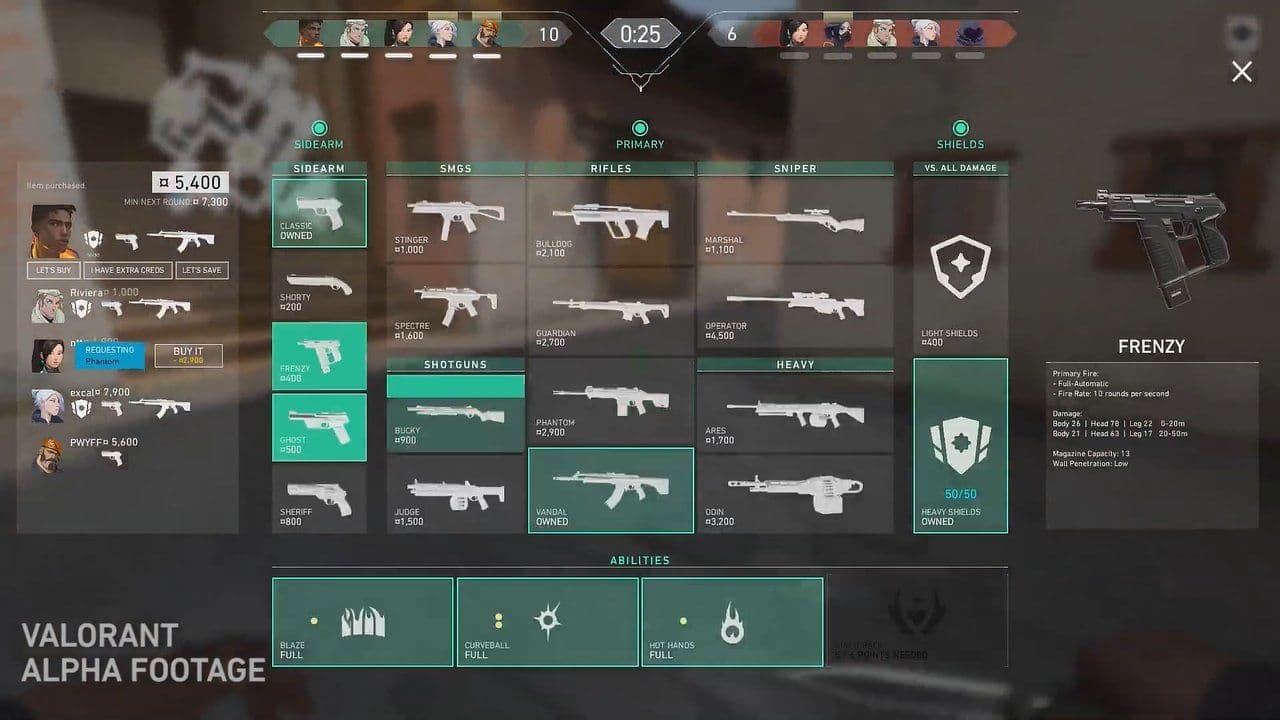 Riot Games
Riot Games[ad name=”article4″]
Not any time soon it seems. Already people are out there desperately trying to get in on the ground floor of a building that hasn’t even been built yet. Twitter accounts posing as being loosely affiliated with the game dupe people into retweets and gain tens of thousands of followers in hours. Commentators commit to being the voice of the game before they have access. Influencers, despite having agents and managers for these things, talk about how they are desperate for access and upload jump-cut heavy reactions to gameplay videos to their YouTube channels. It’s the same shit every time.
We exist in the universe where people seem to have forgotten about Cliff Bleszinski’s endless protestations about Lawbreakers being a gamechanger, and it receiving solid critical reviews, the game was dead on arrival for a variety of reasons. Other options from bigger studios, a weak marketing campaign, endless tiresome clickbait headlines generated from the quotes of someone who has become more meme than man. By October 12th, 2017 the game achieved a laughable 10 peak players.
Always trying to be mindful of any of my own hypocrisy I must point out I myself have done this too and for a game that spectacularly bombed. Valve’s Artifact had all the hallmarks of being something special. The Dota 2 intellectual property, an integrated way to purchase cards because of the Steam Market, design by Richard Garfield the genius behind Magic The Gathering and Netrunner (also lowkey Jyhad, his Vampire The Masquerade card game, was the shit in the 90s according to my nostalgia addled brain) and the fact it was a Valve game should have made this a slam dunk for success. And man was there excitement about this, the groan-inducing reveal at The International notwithstanding. Valve were so confident in its success they announced a $1 million prize tournament for it, which of course never happened.
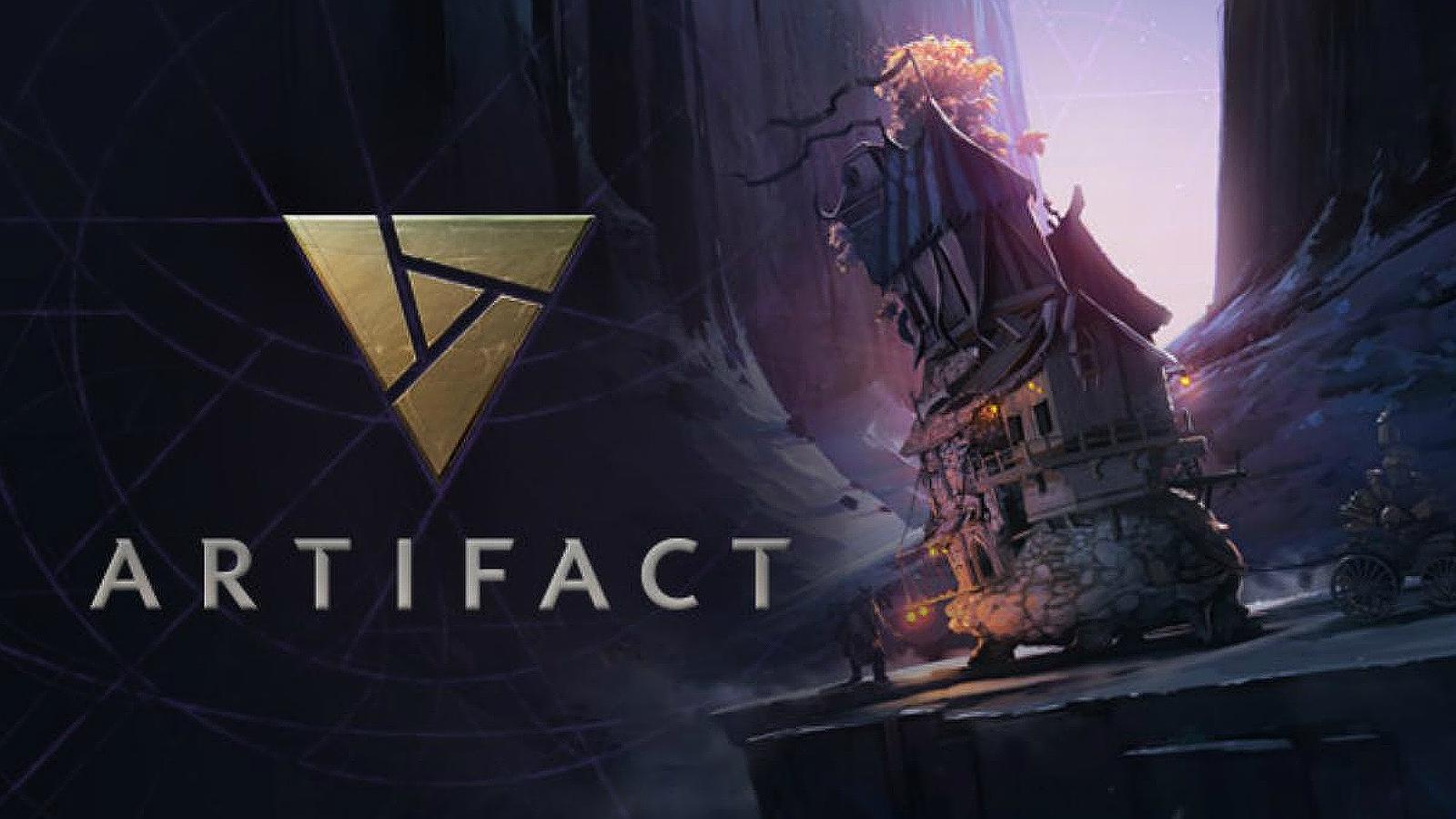
Yet the game went on to be Valve’s biggest flop, one of the biggest gaming failures of all time. Why? Well, a bunch of reasons. It is well established behind the scenes that influencers who had access spent too much time fawning over the product rather than provide honest feedback for some of its key balance issues. They were worried about offending the developer and not getting access to other games in the future. There was no mobile edition. The fact it wasn’t free-to-play was also a terrible move and showed how Valve were behind the curve of what expectations were in the modern gaming marketplace. The prices for cards didn’t help that, with packs costing $1.99 or you could pay $3.75 for event tickets to win cards from game modes, or failing that buy them directly. Of course, in that first week prices had spiraled out of control and buying an at the time imbalanced card like Axe cost more than the game itself. Balancing the game was itself going to be a nightmare. How could you fundamentally change cards that people had paid real money for, without offering them something in return? I guess we’ll never know.
It also didn’t help that Garfield, even if he was speaking truthfully, was publicly providing a message that could be distilled down to “the consumers are idiots.” The complaints were that the game gouged them financially and was too RNG driven even by card game standards. “A lot of the issues the players have, that there have been complaints about, there’s demonstrable information to the contrary” Garfield was quoted as saying. “So, for example, when players complain about the luck in the game, there is demonstrably more skill in this game than in any other digital trading card game as measured by the Elo rating that players achieve. So there’s this complaint but there’s this black and white contradiction to it. For people complaining about the price, there’s a complaint about how much money it costs, but there’s a black and white contradiction in the sense that if you want to be competitive in a game like say Hearthstone or Magic, you have to pay far more.”
- Read More: How does Valorant’s economy compare to CSGO?
All irrelevant now as Artifact has achieved “dead game” status, just 155 peak players this month down from the 46,456 from its release. It is another high-cost entry into the games graveyard, resting eternally now alongside APB, Evolve, Battleborn, Duke Nukem Forever, Haze, Rift, H1Z1, Godus, Star Wars Battlefront, Mass Effect Andromeda Fallout 76, Atlas, War Z, Anthem… It’s a long list and that’s before I even get started on the shit I don’t buy, like people are still playing Apex Legends and Overwatch in droves. Time will tell on those fronts.
Meanwhile, there are plenty of games that arrived to a comparatively modest fanfare and have slowly and steadily continued to grow, building dedicated player-bases and competitive scenes along the way. Warframe, Rocket League, Rainbow Six, Path of Exile… Even the titans of esports that we know today started out quietly and slowly grew over a period of many years. There remains no formula for success that can be replicated. It’s not even a case of “if the game is good, it will succeed.” Quality, perceptions, social convention, societal trends, other cultural phenomena that are occurring at the time of release… Not even Paul Atreides could figure out the golden path in the games industry.
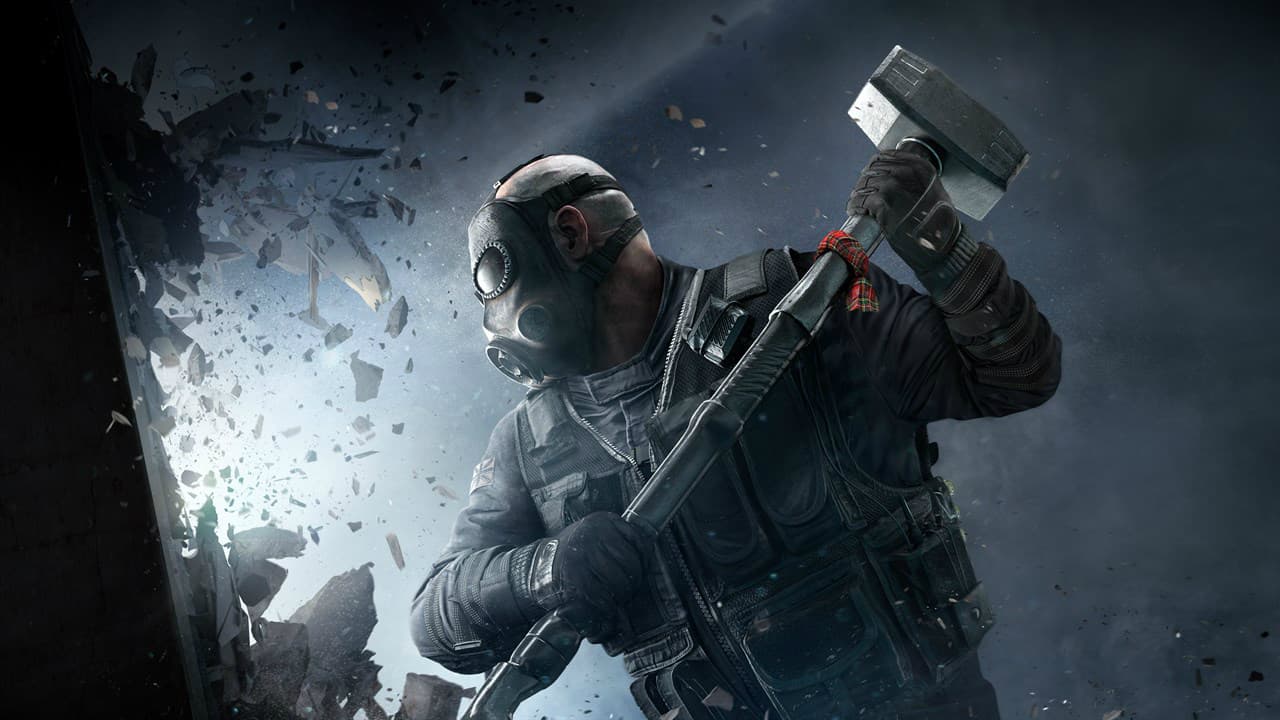 Ubisoft
UbisoftThat said, it’s clear that developers and consumers consistently set themselves up for a fall, the former by propagating impossible to meet promotion and the latter by continually believing it despite examples that prove such faith to be foolish. There is a worrying hubris about public quotes such as “being good at playing a certain character in a video game is valuable, but I think I’ll take the 200+ collective years of professional game design experience” when discounting feedback from players. Finding the balance between pandering to your players and executing a creative vision you believe in is another factor that can dictate success after the post-honeymoon period wears off.
From what I’ve seen so far Valorant wears its influences on its sleeve. It is very clearly trying to court disillusioned Overwatch and Counter-Strike players. The list of early assurances – 128 tick servers, pioneering anti-cheat, removal of peekers advantage – is a laundry list of Counter-Strike complaints that will all peak disgruntled players’ interest. Beyond that, the gameplay footage released so far has been pedestrian and derivative of other established titles. Proceed with caution and don’t get caught up in the whirlwind of your own publicity would be my advice. Tempering expectations now wouldn’t be a bad strategy. After all is said and done people have less patience than ever before and will give less time before they depart for the next thing that is bigger and louder than yours.
